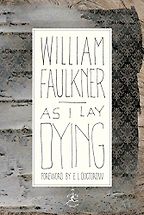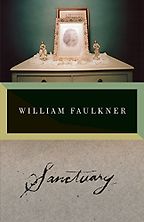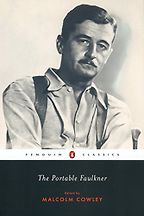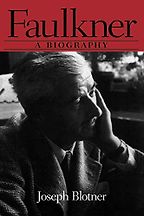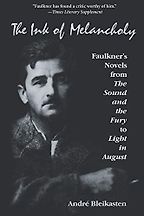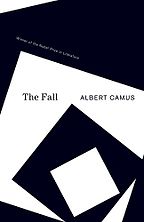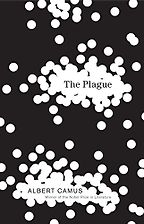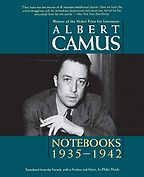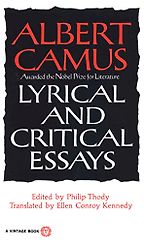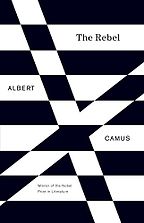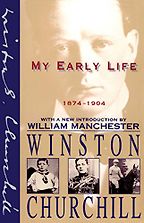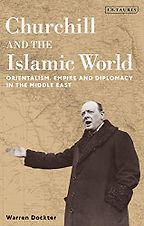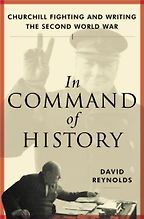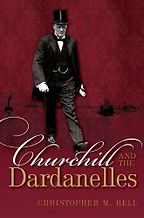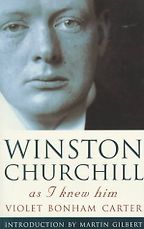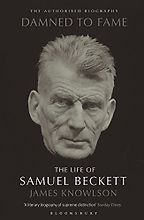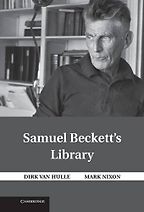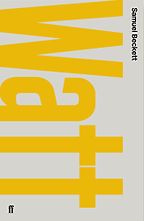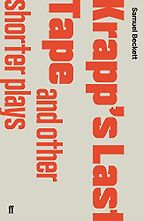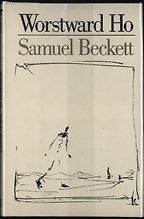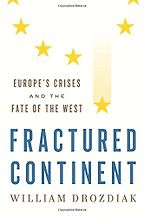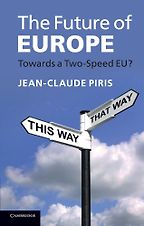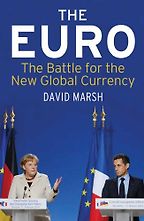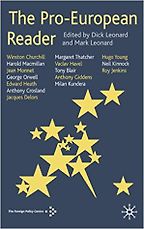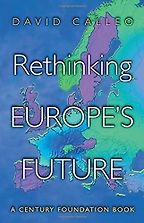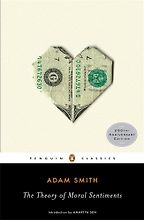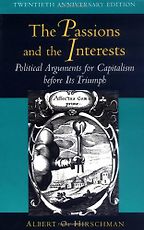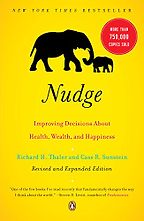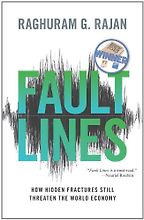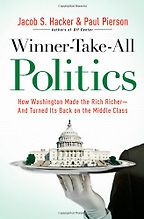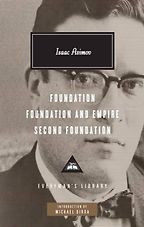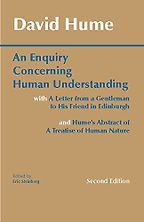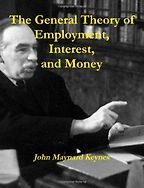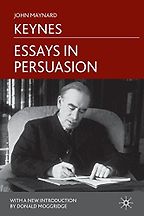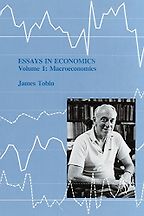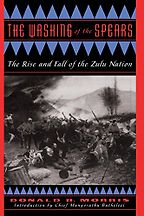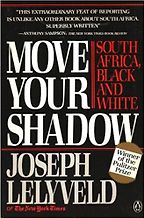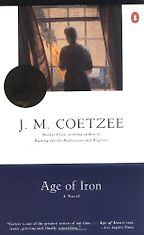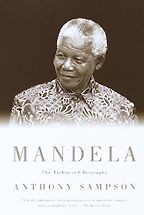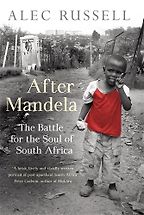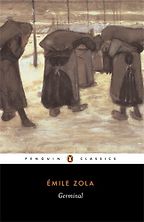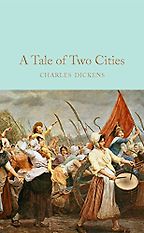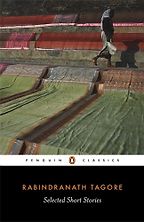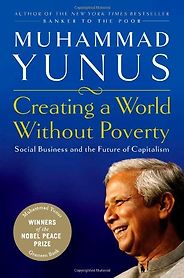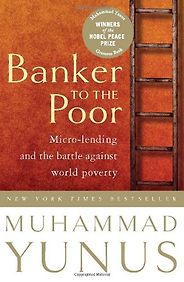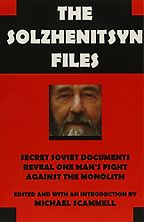The Nobel Prizes
Last updated: May 20, 2025
The Nobel prize is probably the most prestigious and generous prize awarded to an individual or organization in the world today. Set up by the Swedish chemist and inventor of dynamite, Alfred Nobel (1833-1896) in his will, the prizes have been awarded since 1901 in five subjects: physics, chemistry, medicine, literature and peace. Since 1968, a prize has also been awarded for economics.
The Nobel Prize in Literature
According to Alfred Nobel, the literature prize was to be awarded "to the person who shall have produced in the field of literature the most outstanding work in an ideal direction". Here's a list of all the times a book written by a winner of the Nobel Prize in Literature has been recommended on Five Books.
The Nobel Peace Prize
The Nobel Peace Prize is for "the person who shall have done the most or the best work for fraternity between nations, the abolition or reduction of standing armies and for the holding and promotion of peace congresses", wrote Alfred Nobel in his 1895 will. We have interviews dedicated to two winners of the peace prize: the European Union and the United Nations, as well as an interview with Muhammad Yunus, 'banker to the poor'. Yunus won the Nobel peace prize in 2006 along with the Grameen Bank he set up in Bangladesh "for their efforts to create economic and social development from below."
In addition, we have many book recommendations that assess the contribution of other Nobel Peace Prize laureates, such as Woodrow Wilson (1919) and Nelson Mandela (1993).
The Sveriges Riksbank Prize in Economic Sciences in Memory of Alfred Nobel
Five Books has interviewed five Nobel economics laureates – Robert Shiller, Eric Maskin, Paul Krugman, Daron Acemoglu and Simon Johnson. We also have an interview with Muhammad Yunus, the economist who won the Nobel Peace Prize in 2006.
Nobel prizes in the sciences (physics, chemistry and physiology/medicine)
Few subjects are harder to understand than the frontiers of physics. Fortunately, many physicists, including several winners of the Nobel Prize, have tried to communicate the subject by writing books accessible to the general reader. We've made a list of all the books by or about winners of the Nobel Prize in Physics recommended on Five Books.
In her interview on the best chemistry books Michelle Francl discusses the contribution of George Smith, Greg Winter and Frances Arnold (Chemistry 2018) and Donna Strickland (Physics 2018).
Finally, for those wanting to inspire their kids to become scientists, we also recommend How to Win a Nobel Prize by Barry Marshall, who won the Nobel Prize in Medicine in 2005.
The Best William Faulkner Books, recommended by Ahmed Honeini
Where to start with the novels of the American writer William Faulkner, chronicler of the Old South and winner of the 1949 Nobel Prize in Literature? Here, Faulkner scholar Ahmed Honeini of Royal Holloway, University of London, recommends the best books by and about the man who tried to capture “the agony and sweat of the human spirit”.
The Best Books by Albert Camus, recommended by Jamie Lombardi
Albert Camus was born in northern Algeria in extreme poverty, but went on to become one of the best-known French philosophers of the 20th century. In 1957, he won the Nobel Prize in Literature for illuminating “the problems of the human conscience in our times.” Here, Camus expert Jamie Lombardi talks us through the books that best capture his work and the moral dilemmas he sought to explore.
-

1
My Early Life 1874-1904
by Winston Churchill -

2
Churchill and the Islamic World: Orientalism, Empire and Diplomacy in the Middle East
by Warren Dockter -

3
In Command of History: Churchill Fighting and Writing the Second World War
by David Reynolds -

4
Churchill and the Dardanelles
by Christopher M Bell -

5
Winston Churchill As I Knew Him
by Violet Bonham Carter
The best books on Winston Churchill, recommended by Richard Toye
The best books on Winston Churchill, recommended by Richard Toye
Winston Churchill’s role as a global statesman remains immensely controversial. For some he was the heroic champion of liberty, saviour of the free world; for others a callous imperialist with a doleful legacy. Here, historian Richard Toye chooses the best books to help you understand the man behind the myths and Churchill’s own role in making those myths.
The Best Samuel Beckett Books, recommended by Mark Nixon
Samuel Beckett remains one of the most significant writers of the twentieth century. Ruthlessly experimental, his plays, novels, and poems represent a sustained attack on the realist tradition. Dr Mark Nixon looks at the mutating nature of Beckett’s literary style and explains why he didn’t choose Waiting for Godot.
The best books on The European Union, recommended by Giles Merritt
The EU started life as a small trading bloc but now spans 28 (soon to be 27) countries with half a billion people. What can be done to help its institutions catch up with the new reality? Giles Merritt, author of Slippery Slope: Brexit and Europe’s Troubled Future, has some ideas.
The best books on Capitalism and Human Nature, recommended by Robert J Shiller
“You have to understand people first before you can understand how to devise an economic system for them” argues Robert J Shiller, the Yale economics professor and Nobel laureate. He chooses five books that explore who we fundamentally are, as human beings, and how that will determine the shape of a successful capitalism.
Books that Inspired a Liberal Economist, recommended by Paul Krugman
Paul Krugman, Nobel prize-winning economist, Op-Ed columnist for the New York Times, and Emeritus Professor of Economics and International Affairs at Princeton, discusses the books that most influenced his formation as a liberal economist.
The best books on Nelson Mandela and South Africa, recommended by John Carlin
Nelson Mandela was a most unusual and unusually astute leader, says journalist and author of Playing the Enemy, John Carlin. He chooses the best books to understand Nelson Mandela, who used forgiveness as a political tool, and South Africa, the country he brought peacefully out of apartheid.
The best books on A World Without Poverty, recommended by Muhammad Yunus
The 2006 Nobel Peace Prize-winner talks about his creation of micro-credit and walks us through his five books on poverty and how to eradicate it – includes Zola’s Germinal and Dickens’ A Tale Of Two Cities
The Best Books About Aleksandr Solzhenitsyn, recommended by Michael Nicholson
Russian literature specialist Michael Nicholson, Emeritus Fellow at University College, Oxford, talks us through the best books to learn more about the great Soviet dissident and winner of the 1970 Nobel Prize in Literature, Aleksandr Solzhenitsyn.
